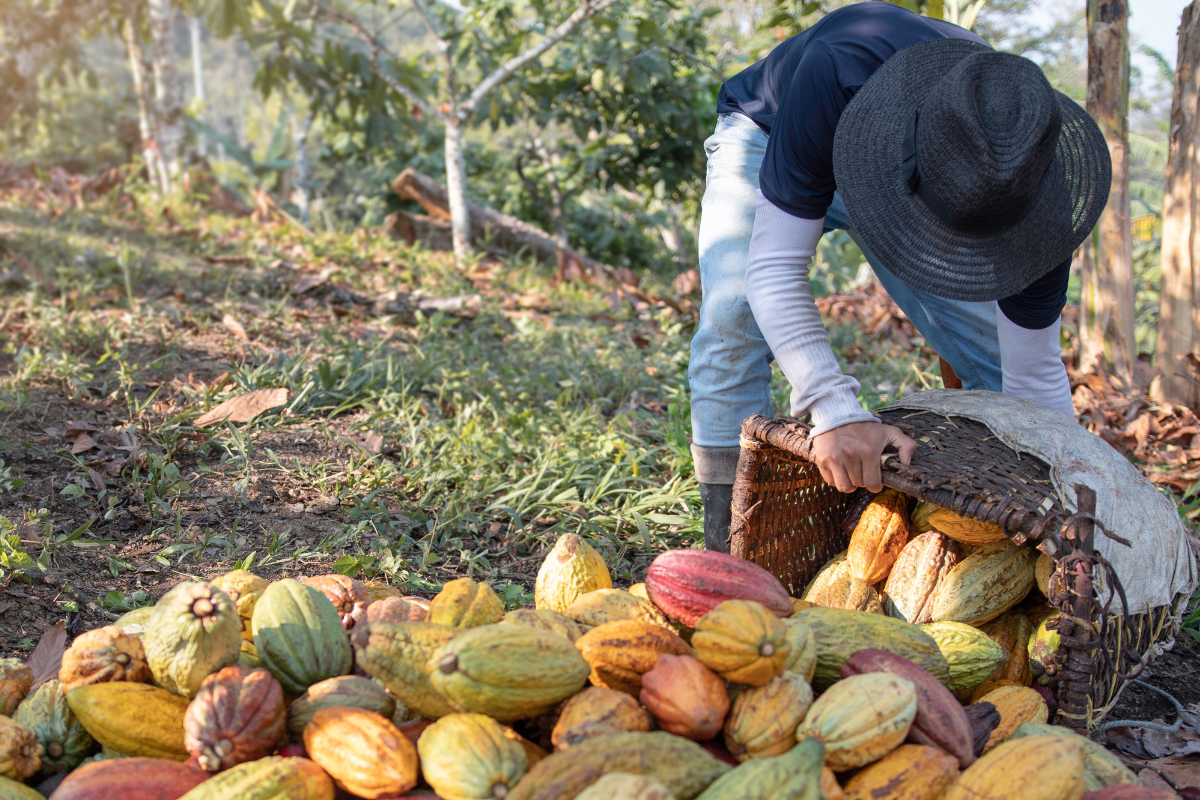Canadian startup Dimitra is expanding its reach in Latin America, aiming to offer traceability to small producers of different production chains that need to maintain their export channels with the European Union after its new anti-deforestation law (EUDR) enters into force at the end of 2024.
“European importers are already asking producers for the information provided for in the new regulation, although details on how the audit process will take place have not yet been released. So, since the start of this year, cooperatives, associations, and traders have been reaching out to us with greater intensity,” Diego Costa, Dimitra’s director for Latin America, told The Brazilian Report during this year’s Web Summit Rio.
In the second half of 2021, the European Union presented a proposal to prevent the import of products and raw materials from deforested areas, requiring producers to identify the exact plot of land where a product was grown or harvested — which would then be verified by Copernicus, the EU’s Earth observation program. In April last year, the European Parliament turned the requirement into a law later endorsed by the European Council, giving exporters 18 months to comply.
Commodity products and derivatives such as cocoa, coffee, soy, beef, and wood, among others, will only be able to enter the EU with proof of origin from deforestation-free areas from 2020 onwards. Unlike large corporations, small producers...


 Search
Search






































